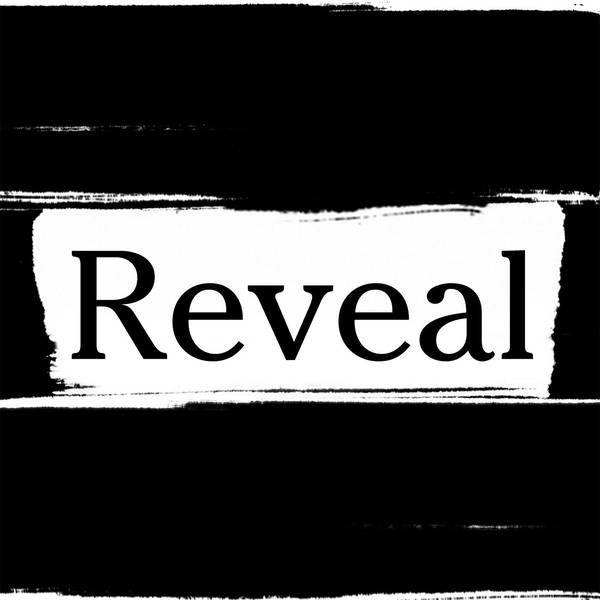
A Strike at the Heart of Roe
To see what the future of abortion could be in the United States, look to Texas. Across the country, conservative foes of abortion rights have pushed “heartbeat bills” that would ban abortion after about six weeks of pregnancy, when an embryo's cardiac activity can be detected. Journalist Amy Littlefield and a team of law and journalism students from UC Berkeley investigate how this law went from being dismissed as a fringe idea, even by traditional right-to-life groups, to getting enforced in Texas.
We hear the backstory of right-wing activists who have been pushing toward this moment for more than a decade by embracing an approach that uses science over religion to justify abortion restrictions. But the science is often skewed and misleading. To rally support for a ban on abortion, activist Janet Porter filled press conferences with red heart balloons and sent lawmakers teddy bears that play the sound of heartbeats. Mark Lee Dickson drove across Texas in his Ford pickup getting small towns to pass ordinances that create “Sanctuary Cities for the Unborn.” It was all a precursor for what was to come.
Now, the consequences of restricting abortion are playing out in the crowded waiting room of an abortion clinic in Wichita, Kansas, where staff are being overwhelmed by patients from Texas. To get an abortion after about six weeks of pregnancy, Texas patients not only must leave their state, but also navigate the rules of a different state with its own set of laws designed to make abortion hard to access.
Donate to support Reveal’s journalism.
Subscribe to our weekly newsletter to get the scoop on new episodes.
